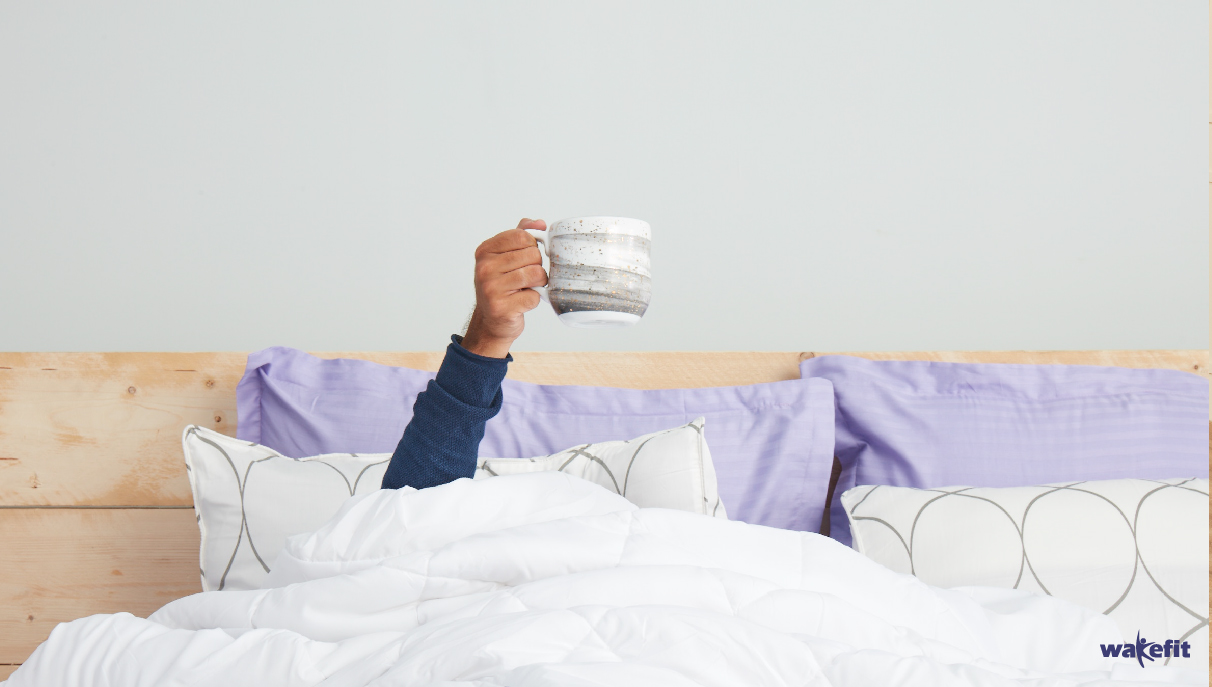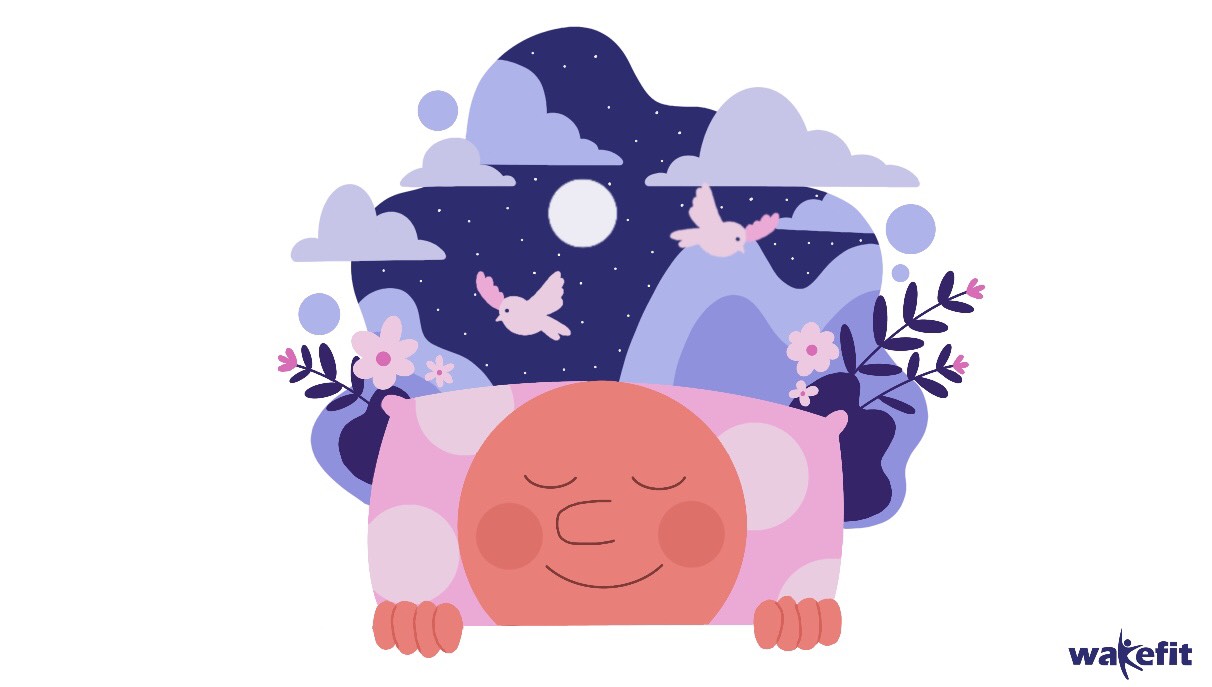To all the coffee lovers out there, Happy International Coffee Day!
For people who believe sleep and caffeine don’t go hand in hand, it might come as a surprise to see us, folks who offer sleep solutions and advocate for better sleeping practices, celebrating International Coffee Day.
But do sleep lovers hate coffee? Absolutely not! We have no issues with coffee as long as it does not disrupt sleep.
Caffeine and sleep: How much caffeine is too much
Caffeine and sleep don’t complement each other. Caffeine keeps you alert and awake. This is of great advantage if you are in a meeting or need to complete a certain assignment that is approaching its deadline.
However, it can become far from beneficial at night when you are trying to get your goodnight’s sleep.
Adenosine receptors are neurotransmitters that tell our brain that we are tired and it is time to sleep. By blocking these receptors, coffee prevents sleep. The caffeine in coffee and other beverages fit into the adenosine receptors. As a result, the neurotransmitters cannot signal the brain to doze off, and so we are left awake and alert.
Even if you fall off to sleep despite having a cup of coffee an hour before bedtime, the quality of your sleep will most definitely be poor and unhealthy.
What happens when you drink coffee before bed
Drinking coffee too close to the time you hit the sack, can adversely affect your circadian rhythm.
According to a study, having 200 mg of caffeine as early as three hours before bedtime can delay sleep by at least 40 minutes. When exposed to bright lights of devices after consuming the caffeine, the participants slept 105 minutes later.
Delayed sleep is not the only aftereffect. The sleep that follows is not healthy at all. It is shallow and restless. And when you don’t sleep well the night before, waking fit is out of the question!
How to make sure coffee doesn’t hamper your sleep
Too much caffeine or caffeine too close to bedtime will ruin your circadian rhythms and have a long-term impact on your sleep.
To make sure caffeine does not steal from your sleep, there are a few steps you can follow. These steps will ensure you don’t have to break up with the cuppa you love so much and at the same time get the sleep you need to wake fit and energized.
If you are addicted to caffeine, then it is suggested that you take caffeine detox for a while and then follow these steps. Taking a few days off caffeine will help you reset your tolerance for it, and therefore, make it easier for you to follow the steps.
- Avoid caffeine afternoon
If you usually go off to sleep by 10:30 pm, then experts suggest dodging caffeine by noon.
Caffeine has a half-life of 5.7 hours, according to research. So having a cup of 200 mg at noon means, even at 10 pm 50 mg will still be in your system.
For people who have high sensitivity to caffeine, it is suggested to totally give up on it.
- It differs from person to person
Finding out how tolerant your system is to caffeine is key to setting a limit for yourself.
As a general rule, 300 mg of caffeine a day where you need to stop. Going over that limit can hamper your sleep and can even have long-lasting effects like insomnia.
- Don’t start your day with a caffeinated drink
Research suggests that caffeine should not be the first thing you start your day with. It is best to consume it at least a couple of hours after waking up.
Why so?
When we wake up, we are still in a sleepy state. Experts believe we should get out of this state naturally, and then after an hour or two consume a caffeinated drink. This helps the caffeine do its job of keeping you alert.
Caffeine and sleep should not be mixed, and so having your last cup of coffee by noon will help you maintain your natural circadian rhythm. If you are into decaf, then try and have your last cup by 3 pm.




No Comments